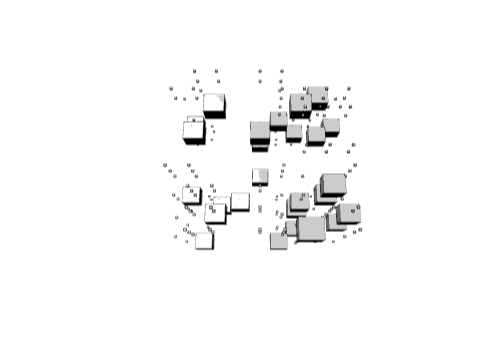Economy 2.0
The future economy will barely be recognizable to human beings. Human minds will not play a signifiant roll in the economy that will be a characteristic of the technological singularity. This has already begun on the stock market in high frequency trading. The future is automation and intelligent systems. This is causing many people to freak out about the possibility of historically unprecedented unemployment. But machine automation is not the whole story.
In Peter Thiel’s book Zero to One, he talks about the one two punch of human ingenuity and machine automation. He tells of how PayPal tried to completely automate their fraud detection but only discovered a successful approach when they adopted a combination strategy leveraging machine and human strengths. Human micro services are the other side of machine automation in the singularity.
What cannot be automated will be farmed out in the form of micro services. One only has to look at Uber, Fiverr, FancyHands, Alfred for evidences of the growing market for micro services.
The future economy will be dominated by procedurally generated digital goods and services, programmatically procured leads, and algorithmically optimized growth and experimentation strategies on the machine side and small relatively simple tasks for people on the human side.
In Charles Stross’s Accelerando “Economics 2.0 is a system that is ‘more efficient than any human-designed resource allocation schema’. It ‘replaces the single-indirection layer of conventional money, and the multiple-indirection mappings of options trades, with some kind of insanely baroque object-relational framework based on the parametrized desires and subjective experiential values of the players’. Human intelligence is incapable of participating in Economics 2.0 ‘without dehumanizing cognitive surgery’.https://href.li/?http://technoccult.net/archives/2011/06/18/william-gibson-on-the-creation-of-cyberspace/)
